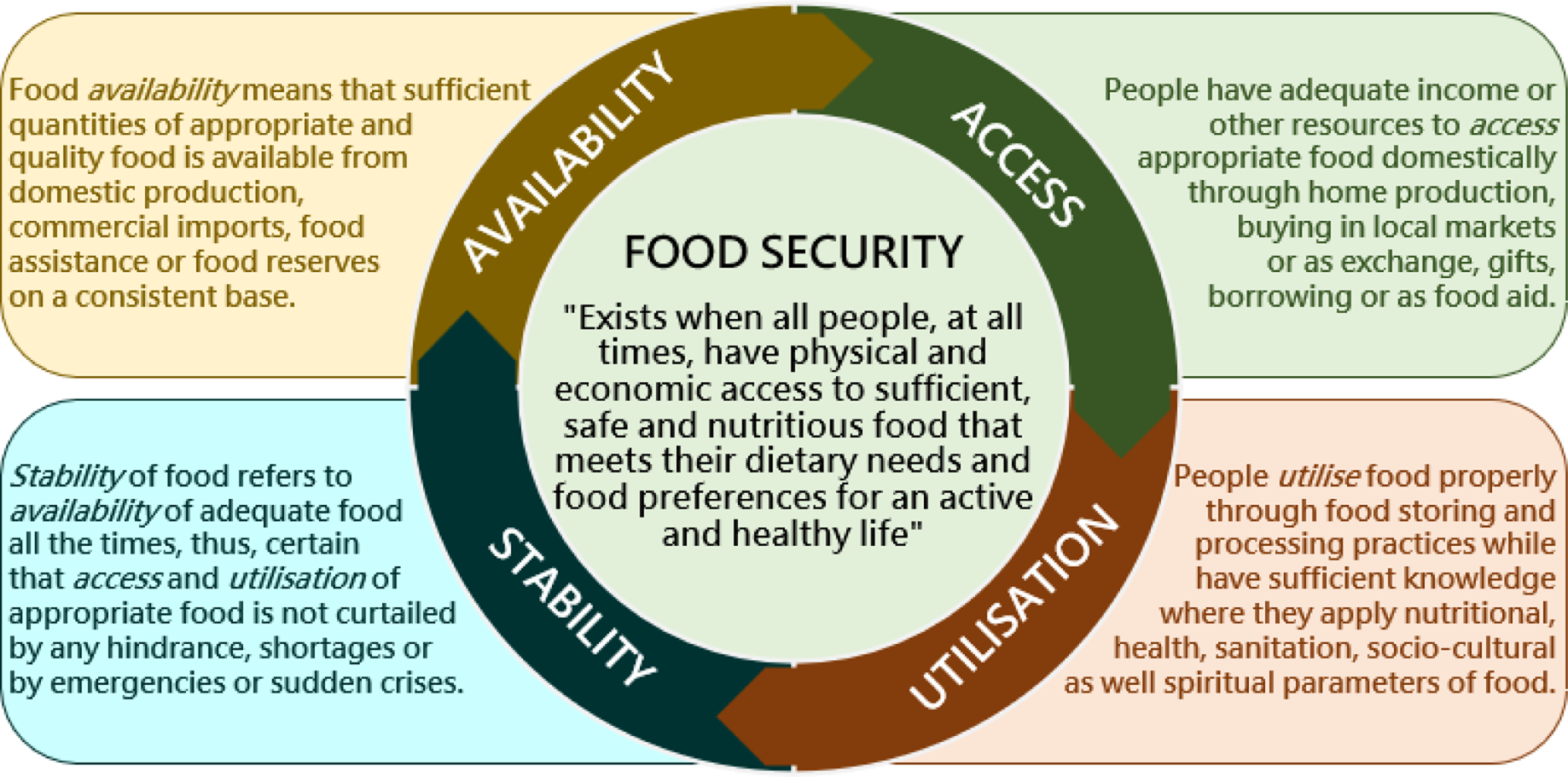Global food security is under increasing pressure due to climate change, geopolitical conflicts, and supply chain disruptions. Rising temperatures, erratic weather patterns, and prolonged droughts are reducing crop yields, while conflicts in key agricultural regions disrupt production and distribution.
Experts warn that these combined factors could lead to rising food prices, scarcity of essential commodities, and increased malnutrition in vulnerable populations worldwide.
Impact on Vulnerable Populations
Low-income communities in developing nations are disproportionately affected by food insecurity. Displacement due to conflict and environmental disasters exacerbates challenges, leaving millions dependent on humanitarian aid.
Children, elderly individuals, and marginalized groups face heightened risks, as inadequate nutrition compromises health, education, and long-term development. Governments and NGOs are working to provide emergency relief and sustainable food programs to mitigate these impacts.
Supply Chain Disruptions
Global supply chains have been severely affected by conflicts, transportation bottlenecks, and trade restrictions. Key agricultural exports are delayed or rerouted, affecting markets and causing price volatility.
Food producers are adopting resilient logistics, diversifying sourcing, and leveraging technology to predict and manage disruptions. However, the scale and complexity of global supply networks make complete mitigation challenging.
Role of Technology and Innovation
Innovations in agriculture, including precision farming, drought-resistant crops, and AI-driven crop monitoring, are helping to optimize food production. Satellite imaging and predictive analytics enable farmers to anticipate environmental risks and maximize yield efficiency.
Agri-tech solutions also support supply chain management, reducing waste, improving distribution, and ensuring that food reaches areas of greatest need. These technologies are crucial in enhancing global food security amid growing challenges.
International Policy and Collaboration
International cooperation is essential to address food security challenges. Organizations such as the United Nations Food and Agriculture Organization (FAO) coordinate aid, policy guidance, and resource allocation to support affected regions.
Trade agreements, climate adaptation strategies, and humanitarian programs are being implemented to stabilize food availability and promote sustainable agricultural practices. Collaboration between governments, NGOs, and private sectors is critical for long-term solutions.
FAQs
What factors are threatening global food security?
Climate change, conflict, supply chain disruptions, and extreme weather events are primary contributors.
Which populations are most affected?
Low-income communities, displaced persons, children, elderly, and marginalized groups face the greatest risk.
How are supply chains impacted?
Transportation delays, trade restrictions, and logistical challenges disrupt the flow of agricultural products, causing price volatility.
What role does technology play in addressing food security?
Precision farming, drought-resistant crops, AI crop monitoring, and predictive analytics optimize production and distribution.
What international measures are being taken?
Organizations like the FAO coordinate aid, trade policies, climate adaptation strategies, and sustainable agriculture initiatives to enhance food security.
Conclusion
Global food security is at a critical juncture, with climate change and conflict threatening the availability and affordability of essential commodities. Immediate action through technology, international cooperation, and sustainable practices is vital to prevent widespread hunger and malnutrition.
By integrating innovative agricultural methods, resilient supply chains, and policy-driven solutions, the global community can mitigate food insecurity and ensure that vulnerable populations have access to adequate nutrition. Long-term collaboration and adaptation are essential to safeguard the future of global food systems.






